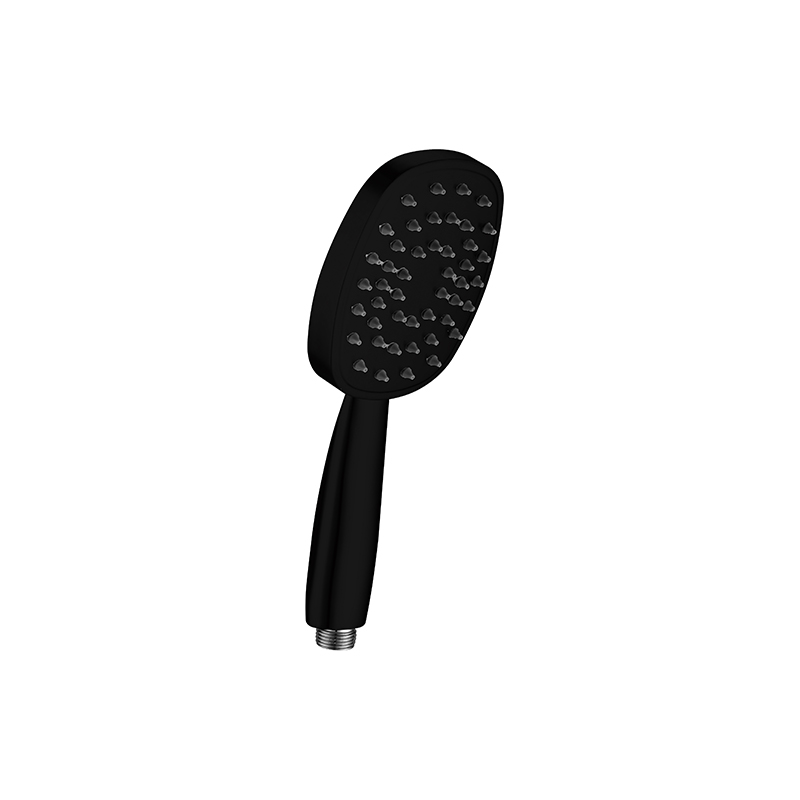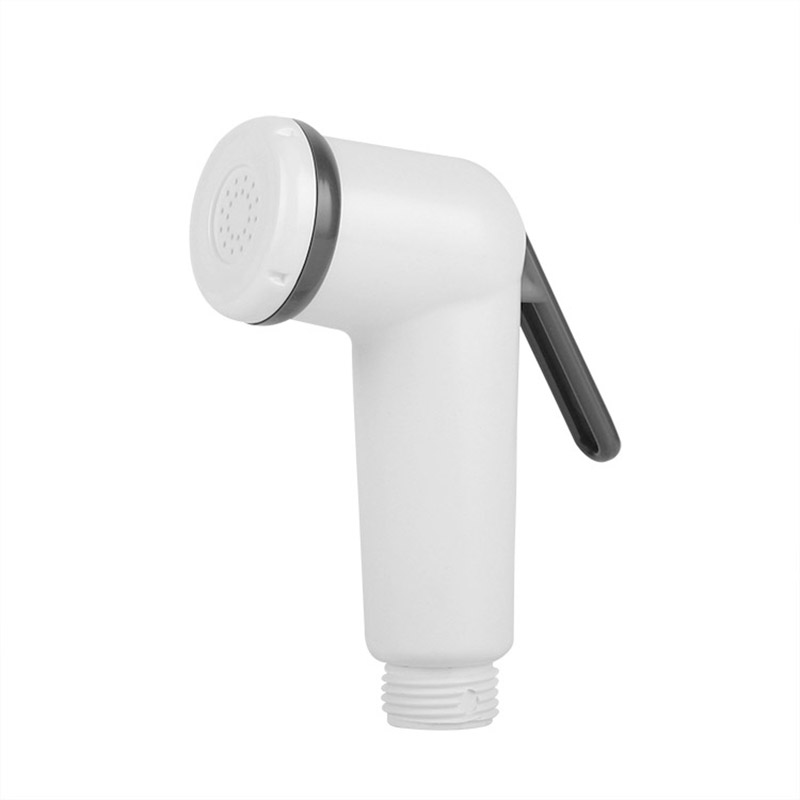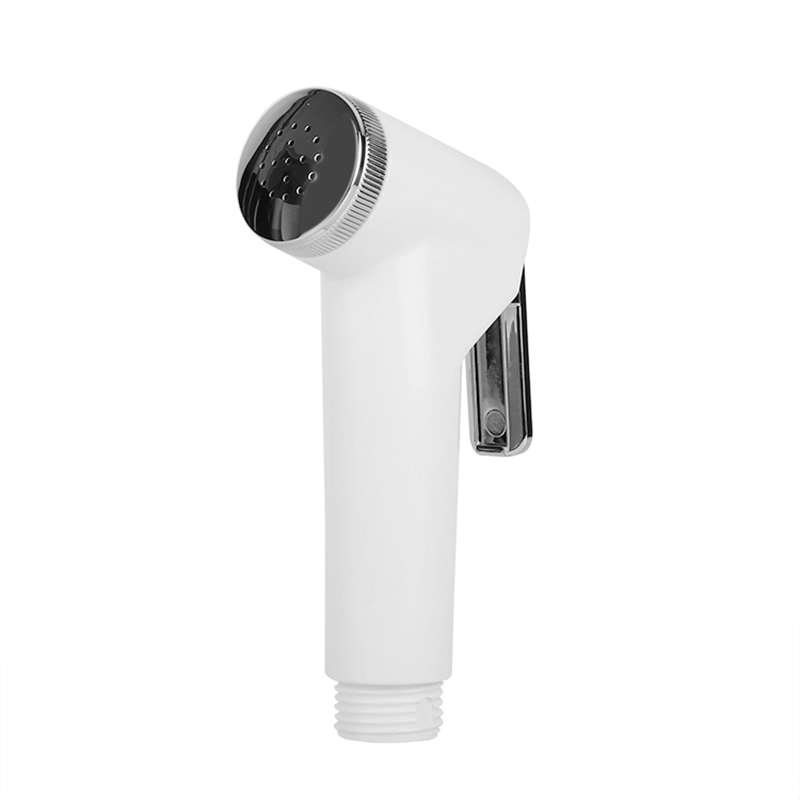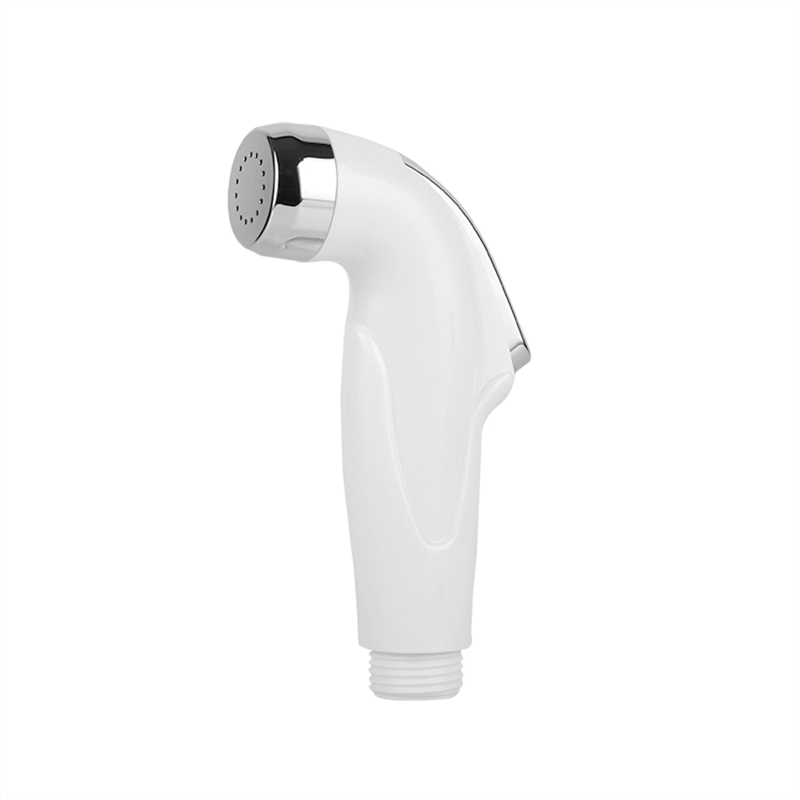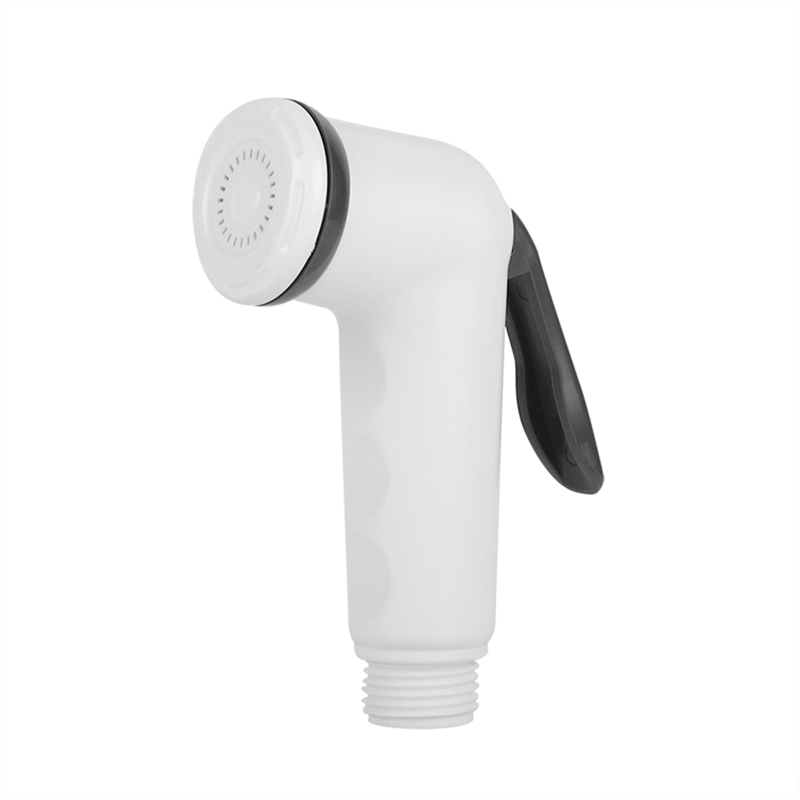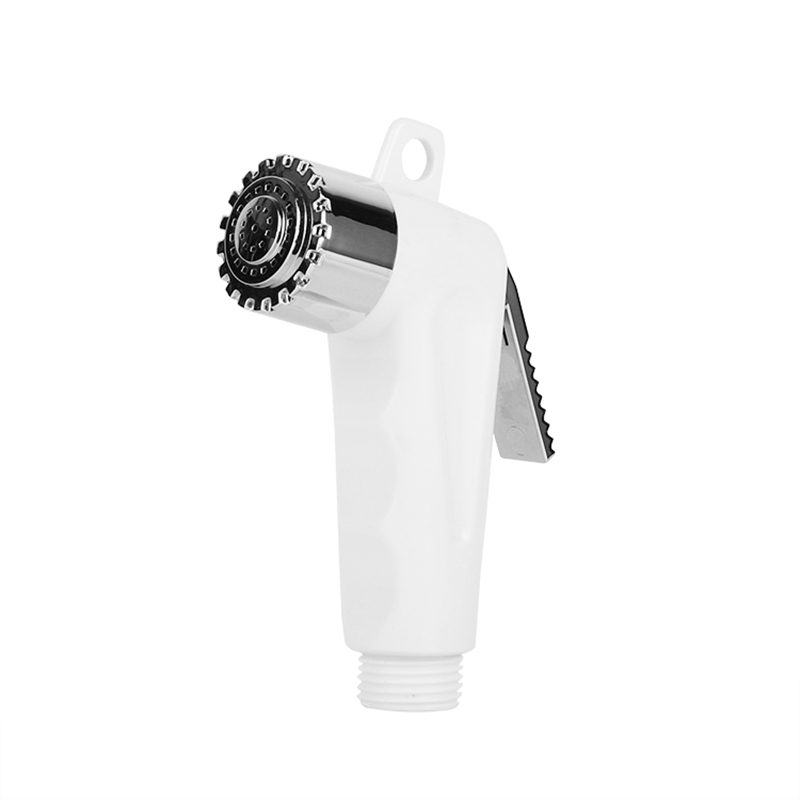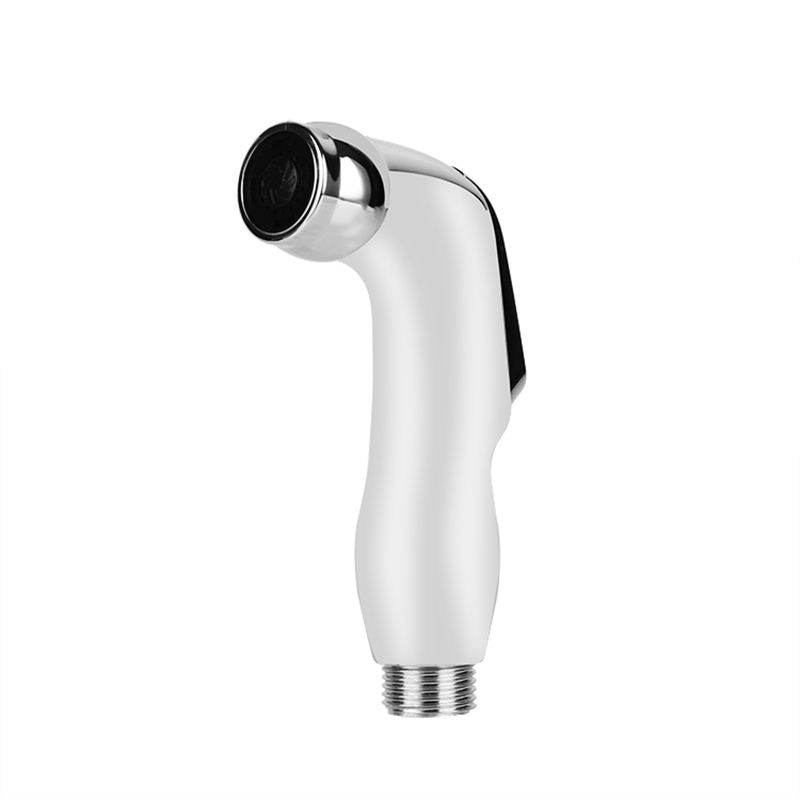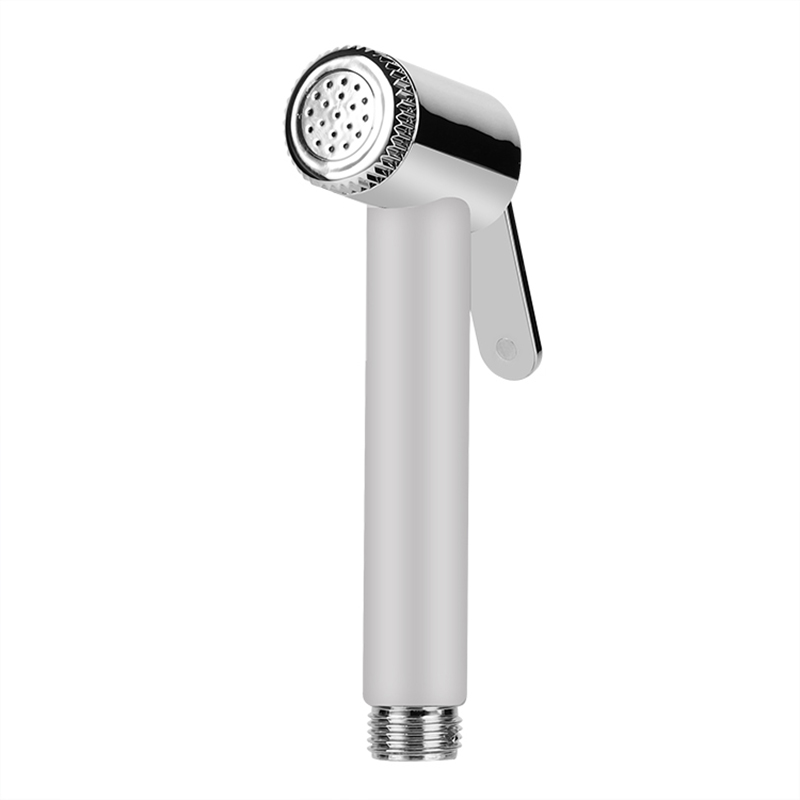In today's world, where cleanliness and hygiene are of utmost importance, the use of cleaning chemicals has become a common practice. However, when it comes to shower hoses, especially those made of PVC, a question arises: Can PVC shower hoses handle harsh cleaning chemicals?
PVC, or polyvinyl chloride, is a widely used material in the manufacturing of shower hoses due to its durability, flexibility, and cost-effectiveness. But when exposed to harsh cleaning chemicals, its performance can be put to the test.
On one hand, PVC shower hoses are designed to withstand a certain degree of chemical exposure. They are often made with additives that enhance their resistance to chemicals, such as stabilizers and plasticizers. These additives help prevent the PVC from deteriorating or becoming brittle when in contact with cleaning agents.
For example, many common household cleaning chemicals, such as mild detergents and soaps, are generally not a problem for PVC shower hoses. These chemicals are relatively gentle and do not pose a significant threat to the integrity of the hose.
However, when it comes to harsh cleaning chemicals, such as bleach, ammonia, or strong disinfectants, the situation becomes more complex. While some PVC shower hoses may be able to handle occasional exposure to these chemicals, prolonged or repeated contact can cause damage.
Harsh cleaning chemicals can attack the PVC material, causing it to degrade over time. This can lead to cracks, leaks, or a reduction in the hose's flexibility. In extreme cases, the hose may even fail completely.
To ensure that your PVC shower hose can handle harsh cleaning chemicals, there are several steps you can take. First, always read the labels of your cleaning products and follow the manufacturer's instructions. Avoid using chemicals that are known to be highly corrosive or reactive with PVC.
Second, consider using milder cleaning alternatives when possible. For example, vinegar and baking soda can be effective cleaning agents that are less likely to damage PVC shower hoses.
Finally, regularly inspect your shower hose for signs of damage or wear. If you notice any cracks, leaks, or changes in the hose's appearance, it may be time to replace it.
While PVC shower hoses can handle some degree of chemical exposure, they may not be suitable for all harsh cleaning chemicals. By being cautious with your choice of cleaning products and regularly inspecting your hose, you can prolong its lifespan and ensure a safe and enjoyable showering experience.

 English
English 中文简体
中文简体




